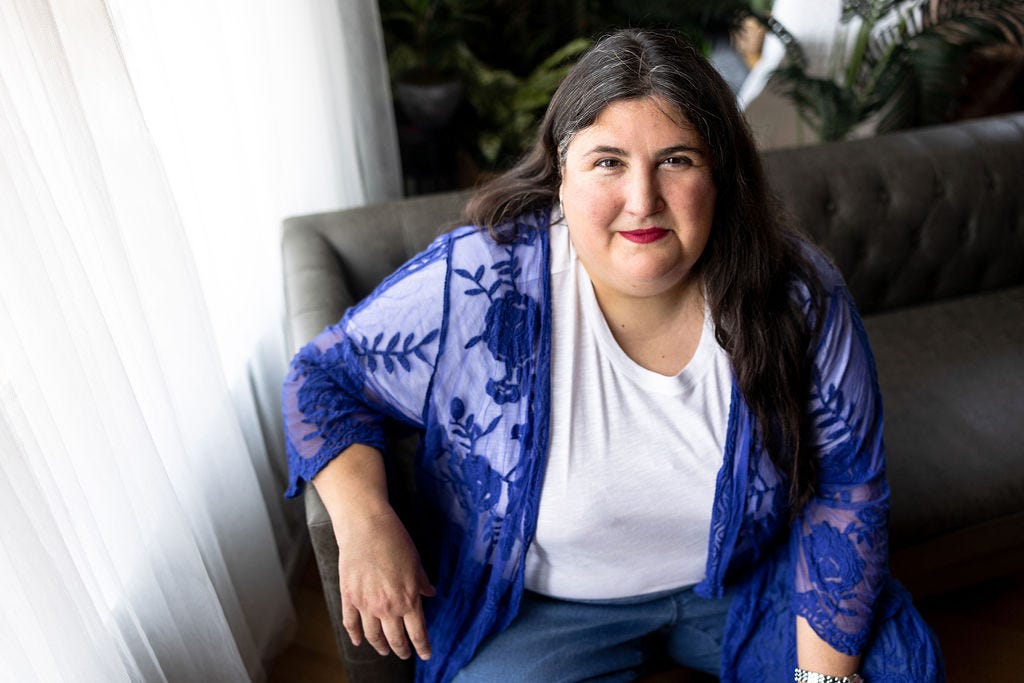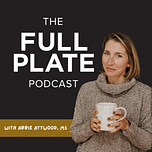“I understand it is not easy to be in a higher weight body in this culture. I don't ever judge somebody for making the decision to take a GLP-1, but I do judge the medical system if they're not giving people the information to make an informed decision.”
— Dr. Rachel Millner, on this week’s episode of Full Plate Podcast
We’re living in a cultural moment where GLP-1 medications — like Ozempic, Wegovy, Mounjaro — are everywhere.
Originally prescribed for diabetes, they’re now being marketed and used as “miracle weight-loss tools.” The claims are seductive, preying on insecurities: suppress appetite, “melt fat,” keep yourself “on track.”
And for so many people — especially those who've experienced the pain of body shame and weight stigma — this can feel like a lifeline.
But underneath the surface, it’s often something else entirely.
In this week’s episode of the podcast, I’m joined by Dr. Rachel Millner — a brilliant, deeply compassionate psychologist, fat liberationist, and return guest — to talk about the overlap between GLP-1 use and disordered eating. In fact, we go beyond the overlap and ask: how, if at all, does this differ from anorexia?

We explore how these drugs don’t just impact the body, but also how they stir up old stories of control, restriction, worthiness, and shame. Rachel also shares about a really important part of her own recovery: healing from compulsive exercise to find peace and neutrality with movement.
Listen in to hear about…
Rachel’s path away from punitive exercise
Her campaign to get more fat fitness instructors into spaces like Peloton
How to tell if your relationship with exercise is unhealthy
How to reclaim movement, separate from weight-loss
Behind the paywall, we get into…
How GLP-1s impact hunger and body trust
Similarities between GLP-1 side effects and eating disorder symptoms
Body autonomy, weight-loss, and informed consent
The truth about “food noise”
Why the medicalization of weight loss is not neutral or harm-free
The emotional cost of being praised for disappearing
How to choose recovery in a culture that rewards restriction
Rachel’s thoughts on formerly plus-size, anti-diet influencers who are now sharing their weight-loss journeys
And most of all, how we hold space for nuance and care — without shame
This topic is especially close to my heart. Not because I think these medications are evil. But because they’re being offered in a world where fatness is punished, where hunger is feared, and where eating disorders can go undetected — as long as they wear a white coat or come with a prescription pad. And we need to be talking about the whole picture here, not just the shiny promises from the weight loss industry.
If you’ve ever felt alone navigating this terrain — whether you're in recovery, using these medications, or simply wondering what it all means — I hope you’ll listen.
You won’t hear anyone tell you what to do in this episode, because that’s not the point of this podcast. We’re here to ask the questions that help each of us get closer to our truth, and that’s exactly what I hope you find in this conversation.











